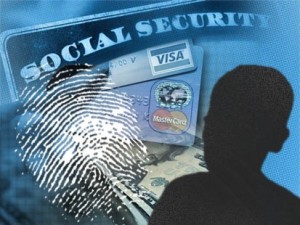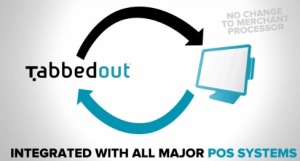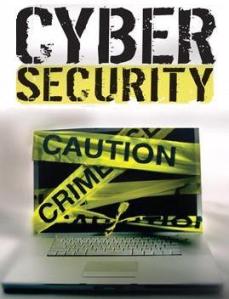“…(the ring leader) organized the scheme by paying the defendants, who were employees at the various establishments, to skim credit card information of paying customers using a small credit card reader provided to them by Woods and Washington. The employees swiped  approximately 175 cards through the readers, enabling Woods to reproduce counterfeit credit cards and allowing Woods, Washington and Alex Houston to rack up thousands of dollars in charges…”
approximately 175 cards through the readers, enabling Woods to reproduce counterfeit credit cards and allowing Woods, Washington and Alex Houston to rack up thousands of dollars in charges…”
Sentences were handed down against seven defendants who illegally obtained personal banking information from patrons visiting Chicago area restaurants and attractions, including Wrigley Field and the Magnificent Mile’s RL Restaurant, according to Illinois Attorney General Lisa Madigan.
Defendants Joseph Woods, Britain E. Woods, Alex Houston, Jenette Farrar, Essence S. Houston, Kenyetta Davis and William Washington pled guilty and were sentenced for “skimming†personal banking information, which was used to make purchases of more than $200,000. The banking and credit card account information was stolen from customers who patronized Chicago area establishments, including Wrigley Field, RL Restaurant, a Chicago Taco Bell location and a McDonald’s restaurant in Berwyn.
Madigan said financial institutions with accounts that were compromised in the scheme include Chase, U.S. Bank, Citibank, Harris Bank, American Express, Bank of America and Fifth Third Bank. The banks assisted in the investigation and notified victims to secure their personal information.
Madigan said identity theft is a significant threat to Illinois consumers. Last year, more than 2,500 identity theft complaints were filed with her office’s Consumer Fraud Bureau. Consumers reported incidents of fraudulent charges on their existing accounts, thieves opening new accounts in their names (including credit card, utility and cell phone accounts) and instances of bank fraud, such as stolen checks or fraudulent withdrawals made to a victim’s bank account.
For more:Â http://www.claimsjournal.com/news/midwest/2013/04/18/227236.htm









